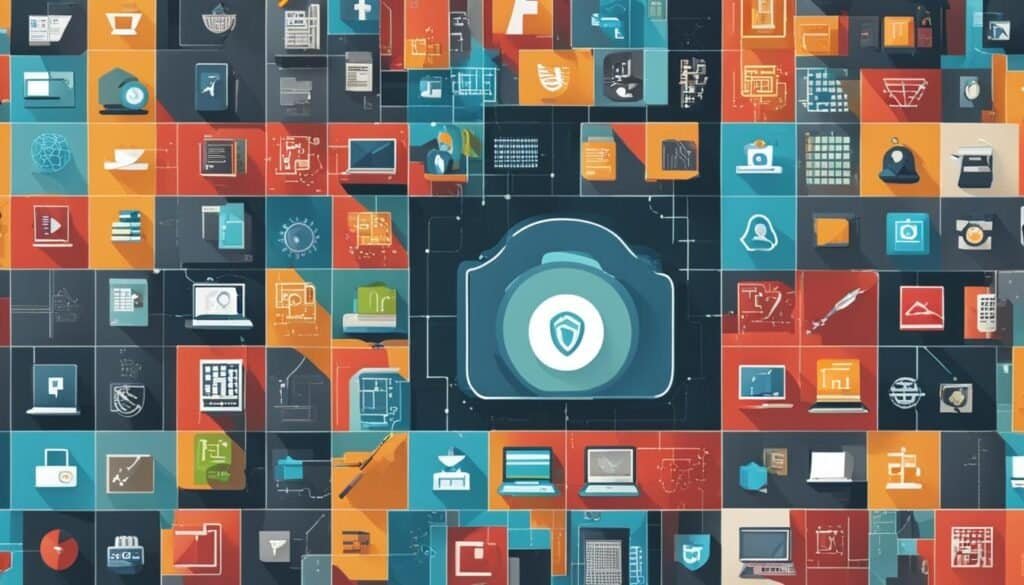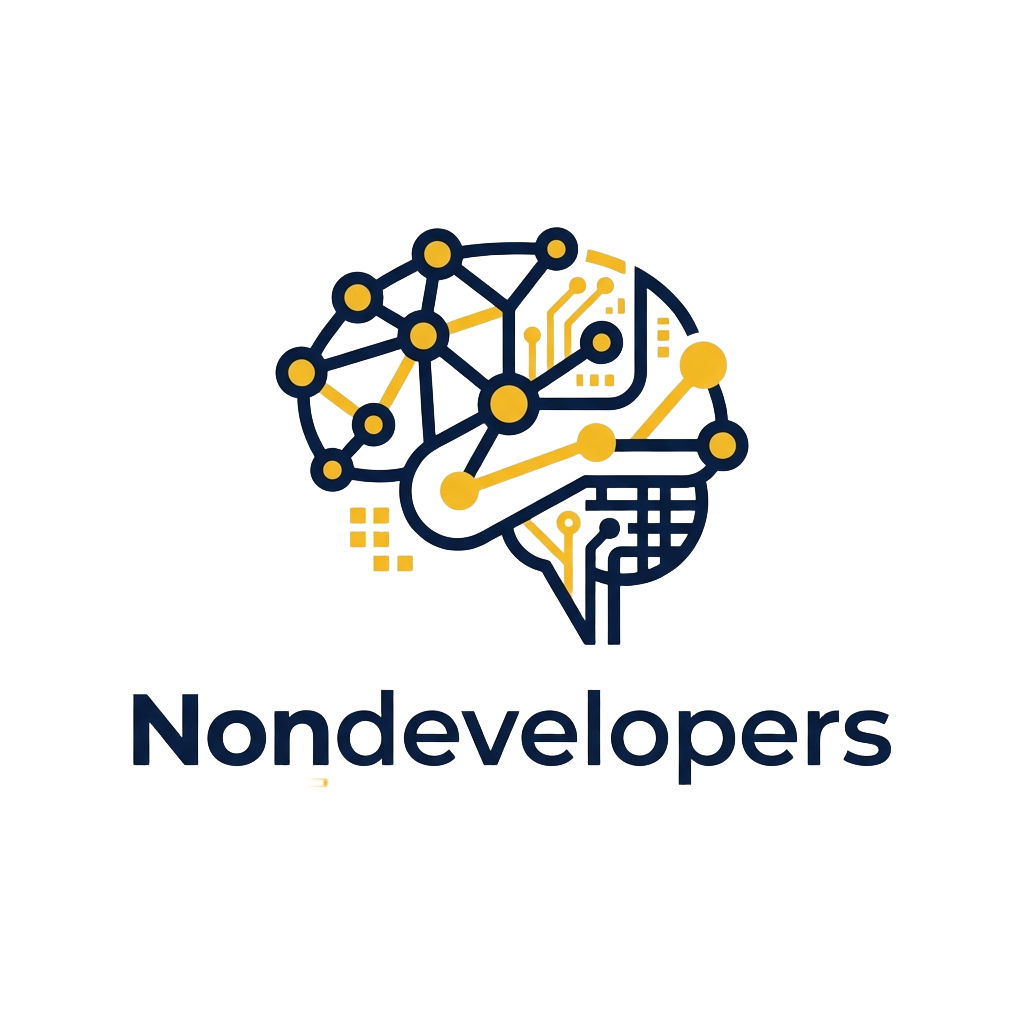Greetings! Today, I want to dive into the intriguing realm of hacking and challenge the stereotypical notions associated with it. When we hear the word "hacking," our minds often conjure up images of nefarious individuals wreaking havoc in the digital world. However, I want to propose a different perspective: Can hacking be a hobby?
Contrary to popular belief, hacking is not solely about breaking into government systems or stealing bank accounts. In fact, it can be seen as a modern form of engineering, especially in the realm of programming. Companies like LinkedIn even have Hack Days to encourage their employees to build something new and innovative. Hacking, as a hobby, is not exclusive to programmers. It involves the pursuit of creating something novel, pushing the boundaries of a system, and the desire to achieve the seemingly impossible.
So, can hacking truly be a hobby? Let's explore the appeal of hobby programming and discuss the steps you can take to pursue ethical hacking as a fulfilling pastime.
Key Takeaways:
- Hacking can be viewed as a form of modern engineering and a hobby.
- Hobby programming allows individuals to learn and explore new concepts while building something they are passionate about.
- Learning resources and online courses are available for those interested in ethical hacking as a hobby.
- Developing coding, networking, and security skills are essential for ethical hacking.
- Ethical hacking can be pursued both as a hobby and a rewarding career.
The Appeal of Hobby Programming
Hobby programming is a wonderful way for individuals to explore their love of technology while simultaneously learning and creating something they are passionate about. Whether you're an experienced programmer or just starting out, hobby programming provides a concrete goal that motivates learning and allows for a hands-on approach.
One of the great things about hobby programming is that it is not limited to professional programmers. Anyone with an interest in technology can engage in hobby programming and benefit from the experience. It's a fantastic opportunity to develop your skills and knowledge in software development, operating systems, and programming languages.
By working on programming projects that align with your interests, you can truly unleash your creativity and delve deep into the intricacies of technology. Whether you're building a mobile app, a website, or experimenting with cutting-edge technologies, hobby programming offers endless possibilities for growth and personal satisfaction.
Quotes:
"Hobby programming allows me to channel my love for technology into something tangible. It's incredibly fulfilling to see my ideas come to life through code." - Alex, hobby programmer
"The beauty of hobby programming is that there are no limitations. I can explore new concepts and experiment with different tools and techniques at my own pace." - Jessica, hobby programmer
| Benefits of Hobby Programming | |
|---|---|
| 1. | Enhances problem-solving skills |
| 2. | Provides a creative outlet |
| 3. | Expands technical knowledge |
| 4. | Boosts confidence and self-esteem |
| 5. | Fosters a sense of accomplishment |
The appeal of hobby programming is undeniable. It allows individuals to combine their love of technology with their innate curiosity and desire to create. Whether you're a seasoned developer looking for a new project or a beginner wanting to dip your toes into the world of programming, hobby programming offers a fulfilling and engaging hobby that can be enjoyed by all.
Getting Started with Ethical Hacking as a Hobby
If you want to pursue ethical hacking as a hobby, there are plenty of resources available online. Websites like Udemy offer beginner and advanced courses on cybersecurity and ethical hacking. YouTube also provides video tutorials for learning the basics of hacking. It is important to continuously learn and stay updated on new techniques and technologies. Basic knowledge of coding, operating systems, networking, and security is essential for ethical hacking.
When starting out with ethical hacking as a hobby, it's crucial to have a strong foundation in coding and programming. Python and C are commonly used languages in cybersecurity, so learning these will give you a good starting point. Understanding the basics of operating systems and hardware is also important, as it provides insight into how systems are built and secured.
Networking and security are fundamental aspects of ethical hacking. Gaining knowledge in these areas will allow you to understand how systems communicate and how to identify vulnerabilities. It's also beneficial to develop database skills, as many systems store sensitive information that can be targeted in cyberattacks.
| Skills | Importance |
|---|---|
| Coding and Programming | Essential |
| Operating Systems and Hardware | Important |
| Networking and Security | Crucial |
| Database Skills | Valuable |
In addition to gaining knowledge and skills, it's important to have practical experience in ethical hacking. This can be achieved through participating in Capture the Flag (CTF) competitions, creating your own hacking projects, or joining online communities where you can collaborate with other ethical hackers. These experiences will help you apply your knowledge in real-world scenarios and develop problem-solving skills.
The Steps to Start Ethical Hacking as a Hobby
When venturing into ethical hacking as a hobby, it's important to start with a strong foundation of knowledge and skills. Here are the key steps to get you started:
1. Learn coding and programming
Understanding coding and programming languages is essential for ethical hacking. Start by learning languages like Python or C, which are widely used in the field. This will allow you to manipulate and analyze code, as well as develop your own scripts and tools.
2. Gain knowledge of operating systems and hardware
To effectively hack into systems, you need a solid understanding of how operating systems and hardware work. Learn the fundamentals of different operating systems, such as Windows and Linux, as well as hardware components like processors and memory. This knowledge will help you identify vulnerabilities and exploit them.
3. Study networking and security
Networking is a crucial aspect of ethical hacking, as most systems are connected to a network. Familiarize yourself with networking protocols, such as TCP/IP, and learn how to analyze network traffic. Additionally, understanding security principles and techniques will help you identify weak points in systems and implement effective security measures.
4. Develop database skills
Many systems store data in databases, which can be targeted by hackers. Learning how to work with databases, such as SQL and NoSQL, will enable you to exploit database vulnerabilities and protect against attacks.
5. Learn technologies
Stay up-to-date with the latest technologies used in the industry. This includes cloud computing, mobile devices, IoT, and web applications. Understanding how these technologies work and their potential vulnerabilities will broaden your hacking capabilities.
By following these steps and continuously expanding your knowledge, you'll be well-equipped to start ethical hacking as a hobby. Remember to always approach hacking ethically and responsibly, respecting the privacy and security of others.
Tips for Pursuing Ethical Hacking

When it comes to pursuing ethical hacking as a hobby, there are several tips to keep in mind. Taking online courses is an excellent starting point, as they provide structured learning materials and practical exercises. Platforms like Udemy offer a wide range of courses on penetration testing and hacking techniques, allowing you to learn at your own pace.
Gaining certifications is another valuable step in your ethical hacking journey. The Certified Ethical Hacker (CEH) certification, for example, is highly recognized in the industry and can enhance your skills and credibility. By earning certifications, you demonstrate your commitment to the field and increase your chances of landing lucrative opportunities.
Consider pursuing formal qualifications, such as a degree in Cyber, to deepen your knowledge and understanding of cybersecurity. A formal education can provide you with a solid foundation in areas like computer networks, information security, and risk management. This can open doors to more advanced roles in the field.
Lastly, practical experience is crucial for ethical hacking. Look for opportunities to participate in Capture the Flag (CTF) competitions, where you can test your skills in a real-world scenario. Additionally, joining hacking communities and participating in bug bounty programs can provide valuable hands-on experience and help you build a network of like-minded individuals.
Table: Different Types of Ethical Hacking Certifications
| Certification | Description |
|---|---|
| Certified Ethical Hacker (CEH) | A globally recognized certification that validates the skills and knowledge of ethical hackers. |
| Offensive Security Certified Professional (OSCP) | A hands-on certification that requires passing a challenging 24-hour practical exam. |
| GIAC Penetration Tester (GPEN) | A certification that focuses on assessing target systems' security and identifying vulnerabilities. |
| EC-Council Certified Security Analyst (ECSA) | A certification that expands on the CEH knowledge and emphasizes penetration testing methodologies. |
Ethical Hacking as a Career

Embarking on a career in ethical hacking can be a rewarding and lucrative choice. The job market for ethical hackers is thriving, thanks to the increasing demand for cybersecurity professionals. With the rising cost of cyberattacks, companies across industries recognize the importance of protecting their digital assets, making ethical hackers highly sought after.
The salary expectations for ethical hackers are impressive, reflecting their specialized skills and contributions to safeguarding sensitive information. Certified Ethical Hackers can expect to earn a significant income, especially with experience and additional certifications. It is a field that offers stability and growth, as the need for ethical hackers continues to rise.
As technology advances, the demand for ethical hackers will only increase. Organizations are willing to invest in skilled professionals who can identify vulnerabilities and develop robust security measures. By building a strong skillset in ethical hacking, individuals can secure job opportunities in penetration testing, security program management, and other cybersecurity roles.
Table: Job Market for Ethical Hackers
| Job Title | Average Salary | Job Outlook |
|---|---|---|
| Ethical Hacker | $95,000 - $150,000 per year | Projected to grow 31% from 2019 to 2029 |
| Penetration Tester | $85,000 - $130,000 per year | Projected to grow 25% from 2019 to 2029 |
| Cybersecurity Analyst | $80,000 - $120,000 per year | Projected to grow 31% from 2019 to 2029 |
To succeed in the ethical hacking field, individuals should continue to enhance their skills and knowledge. Keeping up with the latest trends, techniques, and technologies is crucial. Pursuing advanced certifications, such as the Certified Ethical Hacker (CEH), can also boost credibility and open doors to new opportunities.
Overall, ethical hacking offers a compelling career path for those passionate about technology and cybersecurity. With the right skills, qualifications, and practical experience, individuals can make a valuable impact in the fight against cyber threats.
Conclusion
Ethical hacking can be a fascinating hobby and a rewarding career. As I have explored in this article, it is not just about breaking into systems or stealing information. It is a modern form of engineering, a way to build something new, test the limits of a system, and reach for the impossible.
For those with a passion for technology, ethical hacking offers a concrete goal that motivates learning. It allows individuals to explore new concepts and develop their skills in software development, operating systems, and programming languages. With the abundance of learning resources available online, anyone can pursue ethical hacking as a hobby.
However, ethical hacking is not limited to being just a hobby. It can also be a rewarding career choice. With the increasing cost of cyberattacks, the demand for ethical hackers is high. By continuously updating their skills, gaining practical experience, and obtaining certifications, individuals can secure job opportunities in the field of cybersecurity.
Whether you choose to pursue ethical hacking as a hobby or a career, it is crucial to stay curious, adapt to evolving technologies, and approach problems with a problem-solving mindset. The field of cybersecurity is ever-changing, and it requires individuals who are passionate and dedicated to protecting the digital world.
What Are Some Positive Aspects of Hacking as a Hobby or Skill?
Exploring the benefits of ethical hacking reveals several positive aspects of this hobby or skill. Firstly, ethical hackers contribute to strengthening cybersecurity by identifying vulnerabilities in systems and helping fix them. Moreover, they enhance their problem-solving and critical thinking abilities while honing their technical skills. Additionally, ethical hacking can offer lucrative career opportunities, making it a valuable skill in today's digitized world.
FAQ
Can anyone pursue ethical hacking as a hobby?
Yes, ethical hacking can be pursued as a hobby by anyone with a love for technology and a desire to learn.
What skills are essential for ethical hacking as a hobby?
Basic knowledge of coding, operating systems, networking, and security is essential for ethical hacking as a hobby.
How can I start learning ethical hacking as a hobby?
It is recommended to start by learning coding and programming languages like Python or C, as well as understanding the basics of operating systems and networking.
Are there resources available to help me learn ethical hacking as a hobby?
Yes, there are plenty of online courses and tutorials available on platforms like Udemy and YouTube to help you learn ethical hacking as a hobby.
Can I pursue a career in ethical hacking if I start it as a hobby?
Yes, starting ethical hacking as a hobby can provide a foundation for a career in the field, with opportunities in penetration testing and security program management.
What certifications can enhance my skills in ethical hacking?
Certifications like the Certified Ethical Hacker (CEH) can enhance your skills and credibility in the field of ethical hacking.
Are there job opportunities for ethical hackers?
Yes, there is a high demand for ethical hackers in the information security industry, with the potential for significant salaries and career growth.





